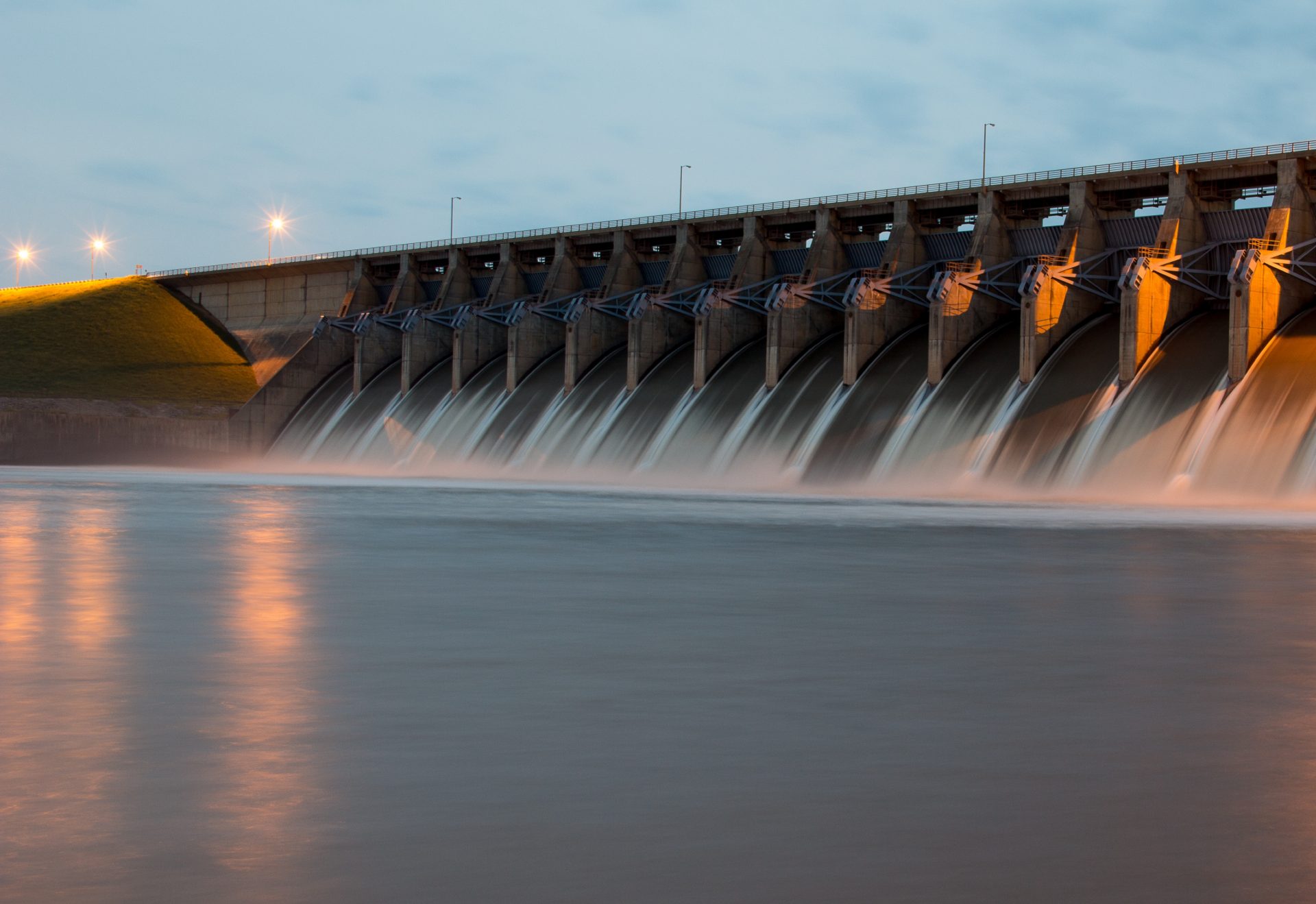The Role Of Civil Engineering In Water Management

Welcome to our post today! We are excited to share with you some insights on water resources and civil engineering. As you may know, these two fields are incredibly important when it comes to preserving our planet. Many people think that civil engineers only work on construction projects, but the truth is that they play a critical role in managing and protecting our natural resources.
FAQs about Water Resources and Civil Engineering
Here are some frequently asked questions about these two topics:
What is water resources engineering?
Water resources engineering refers to the design and management of systems that control the quality and quantity of water. This includes everything from wastewater treatment plants to irrigation systems.
What is civil engineering?
Civil engineering is an umbrella term for the design and construction of public and private infrastructure. This includes everything from roads and bridges to buildings and airports.
How do water resources and civil engineering intersect?
Water resources and civil engineering are closely linked because many civil engineering projects involve water management. For example, a civil engineer may design a dam to control flooding or an irrigation system to help farmers in a dry region.
What are some of the challenges facing water resources and civil engineering today?
One of the biggest challenges facing these fields is climate change. As the planet warms, we can expect to see more severe weather events, which can lead to flooding, droughts, and other problems. Civil engineers and water resources managers need to be prepared to deal with these challenges.
The Importance of Sustainable Water Management
One of the key goals of water resources and civil engineering is to promote sustainable water management. This means finding ways to use water resources in a way that doesn't deplete them or harm the environment. Some of the ways that civil engineers and water resources managers are working towards this goal include:
- Using more efficient irrigation techniques
- Developing water recycling and reuse systems
- Improving stormwater management systems to reduce pollution
- Designing cities and buildings with water conservation in mind
The Future of Water Resources and Civil Engineering
As we move forward, we can expect to see even more innovation in the fields of water resources and civil engineering. These two fields will play a critical role in addressing some of the biggest challenges facing our planet, from climate change to population growth. If you're interested in a career that combines science, engineering, and a commitment to sustainability, then water resources and civil engineering might be the perfect field for you!
Thank you for reading our post today. We hope that you learned something new about these important topics!


Post a Comment for "The Role Of Civil Engineering In Water Management"